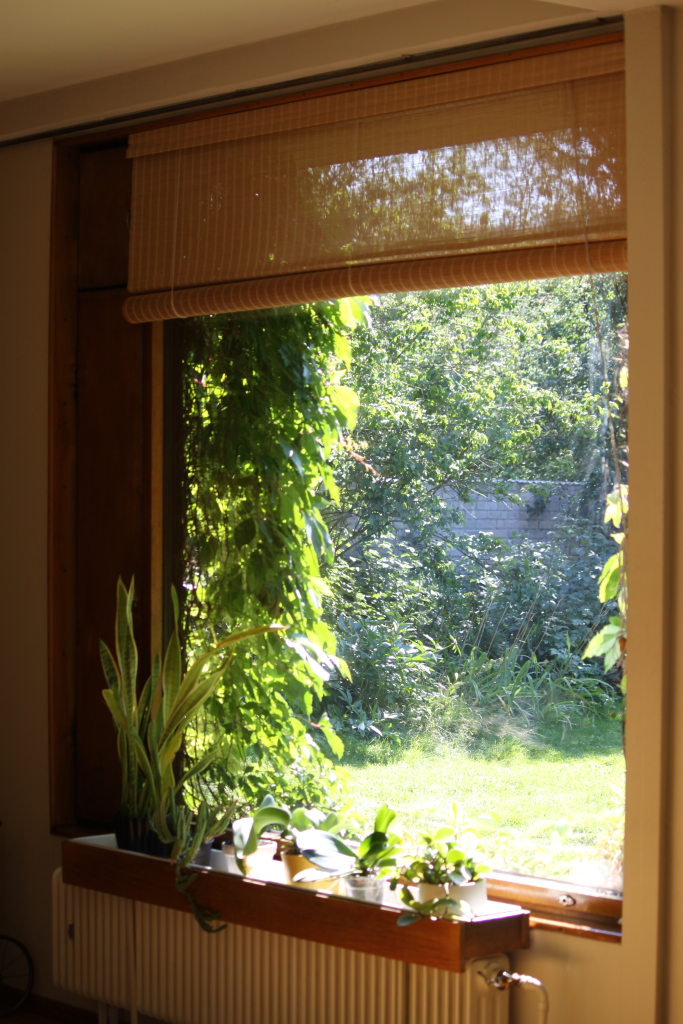I am working on a new grant, on a 22+ year old idea that was never implemented!
And I have mentioned the grants below, if not the chapters published this month, but just as a roundup (and I have to do this for my current university) here is a summary.
2024 ARC Discovery DP250104625: Champion, E., Kotarba, A., Greenop, K., & Gibbs, M. (2025). A Gamified 3D Cultural Heritage Platform for Archaeology and Architecture. Australia. $520,686. 3 years.
- A Gamified 3D Cultural Heritage Platform for Archaeology and Architecture. Few research infrastructures support engaging and useful 3D heritage content for both archaeology and architecture. A user-focused, experiential immersive environment with AI content creation will be developed and evaluated. Audience and international expert feedback will create a flexible feature list. Workshops with museums and galleries will test the prototype’s usefulness for communication and preservation. The system will allow groups to explore 3D models in conjectural and imaginative contexts and pose counterfactual arguments. The project will also consider how to convey levels of authenticity and uncertainty. Outputs will be a website with open-source tools and data, publications, a conference and a demonstration as an exhibition.
- National Interest Test Statement:Examples of 3D heritage content showcasing archaeology and architecture are rare, limiting opportunities for the Australian public to engage with culture and history. To address this gap, the project will develop a gamified 3D cultural heritage platform to make archaeological and architectural heritage accessible and interactive. Technologies including artificial intelligence and 3D interactive modelling will create immersive, educational experiences that engage the public with historical narratives. This platform will deliver multiple benefits. Economically, the cultural tourism sector will be enhanced by enriching visitor engagement with innovative storytelling and exhibition tools. Socially, Australia’s national identity and civic pride will be strengthened by making cultural heritage more accessible and engaging. Environmentally, the digitalisation approach will protect archaeological sites and built heritage, preserving these critical and non-renewable assets for future generations. The project will collaborate with cultural and educational institutions to maximise outcomes beyond academia, promoting the platform’s use in public education programs and exhibitions. Targeted workshops and a website with open-source tools will facilitate its adoption, contributing significantly to national and cultural discourse. Aligning with broader national interests, this project positions the platform as a pioneer in digital cultural preservation and educational innovation.
2024 ARC LIEF Grant LE250100051: “The Australian Emulation Network Phase 2 – Extending the Reach.” Awarded to Prof Melanie Swalwell; Prof Sarah Teasley; Dr Helen Stuckey; Dr Stephanie Harkin; Prof Sean Cubitt; Dr Kirsten Day; A/Prof Peter Raisbeck; A/Prof Erik Champion; Prof Simon Biggs; Dr Margaret Borschke; A/Prof Elizabeth Tait; Dr Caroline Wilson-Barnao; Dr Kim Machan; Dr Ashley Robertson; Mr Adam Bell. $544,947. 2 years.
- The Australian Emulation Network Phase 2 – Extending the Reach. This project aims to extend the reach of the Australian Emulation Network, conserving born digital artefacts and making them accessible for research purposes. High value collections from university archives and the GLAM sector requiring legacy computer environments will be targeted. The project expects to generate new knowledge across media arts, design, and architecture. Expected outcomes include stabilising and providing researchers with emulated access to born digital cultural artefacts, sharing legacy computer environments across the network, and expanding the Australian software preservation Community of Practice, building skills in preserving and emulating digital cultural artefacts across an expanded set of domains and institutions.
- National Interest Test Statement:The project aims to extend national emulation infrastructure, more than doubling the size of the existing Australian Emulation Network by adding 22 new institutional nodes. This addresses the national challenge of preserving and accessing Australia’s born digital heritage. Born digital heritage faces several forms of obsolescence. Consequently, much born digital material has not been collected, is inaccessible because of its reliance on legacy computing environments, and at risk of loss. The project will provide the tools and skillsets required so that professionals in the university and Galleries, Libraries, Archives and Museum (GLAM) sectors have confidence in collecting, preserving and emulating complex digital artefacts. Securing digital heritage materials and making these available to the researchers who need access to them promises to deliver new knowledge in the inter-related fields of digital art, design, and creative practice, delivering research with social and cultural benefits. Making emulation infrastructure available to more national and state institutions will improve access to digital collections in keeping with the national cultural policy, and ensure that the benefits extend well beyond academia to the wider public. This investment will ensure a sustainable, resilient network that can address the needs of diverse collections across the nation, including in regional areas.
BOOK CHAPTERS
Champion, E. (2024). Caught Between a Rock and a Ludic Place: Geography for Non-geographers via Games. In: Morawski, M., Wolff-Seidel, S. (eds) Gaming and Geography. Key Challenges in Geography. Springer, Cham. https://doi.org/10.1007/978-3-031-42260-7_3
Champion, E. (2025: in press). On his roles as Professor and Research Fellow. In V. Hui, R. Scavnicky, & T. Estrina (Eds.), Architecture and Videogames: Intersecting Worlds. Routledge. https://www.routledge.com/Architecture-and-Videogames-Intersecting-Worlds/Hui-Scavnicky-Estrina/p/book/9781032528854


